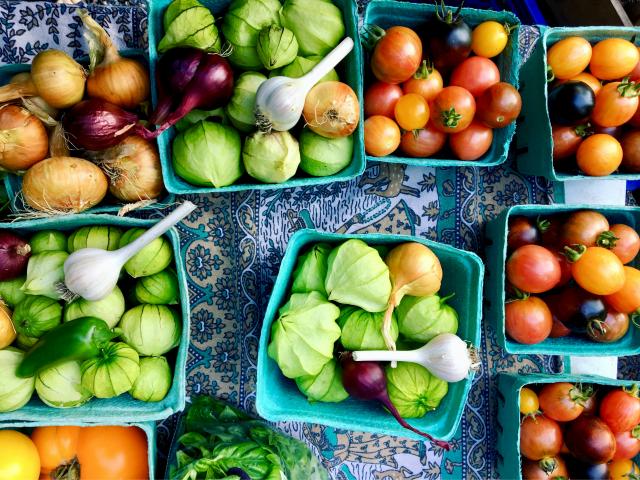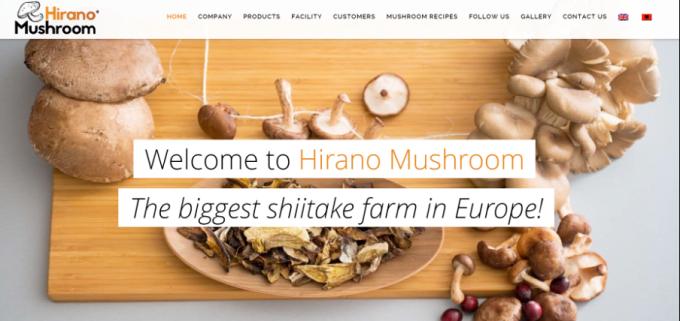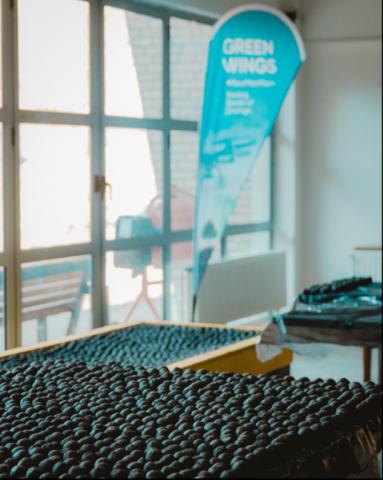GOOD PRACTICE

Introducing terraced cultivation and sustainable pest and plant disease control to enhance Egyptian wheat production, with a focus on achieving higher yields and improving farmers' income
Egypt
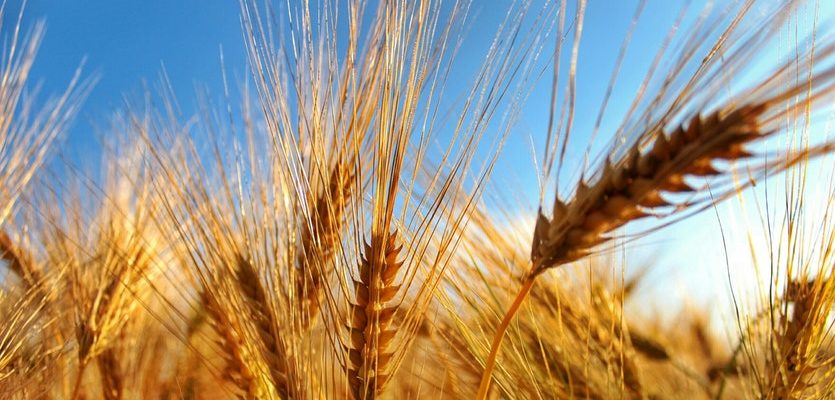
Wheat is a fundamental component of the Egyptian diet, demanding utmost priority in its accessibility and affordability. However, poor pre- and post-harvest practices lead to a considerable 12% annual loss in production. By introducing innovative non-traditional techniques like terraced wheat cultivation with sustainable pest and plant disease controls, losses have been reduced, production increased, and up to 30% of seeds saved for re-planting. This highlights the importance of knowledge sharing, as replicating such best practice promises significant benefits for the country.
You must be registered to see all the content
Bread is a staple food consumed by millions of Egyptians on a daily basis. As such, wheat constitutes an integral part of Egyptian diet, making its availability and affordability to the most vulnerable and underprivileged communities a priority to the Egyptian Government. Current wheat production in Egypt is far below the country’s needs. At only 8 million tons annually, it requires an additional 10 million tons of imported wheat to boost its reserves. Egypt loses about 12% of its annual production due to poor pre-and post-harvest practices.
The project established several demonstration farms to practically train and help more than 10,000 Egyptian farmers on how to incorporate non-traditional wheat farming practices which would bring additional revenues through higher wheat production in one hand while reducing input costs on the other hand. The new non-traditional farming techniques included Terraced wheat cultivation which controls pets and plant disease, reduces losses, increases production, while saves up to 30% in seeds for re-planting. The project is continuing to scale up through the increased capacity of rural community leaders to help transfer knowledge and best practices to local farmers thus ensuring project's sustainability. Furthermore the project has introduced additional awareness activities related to the improved nutritional knowledge of farmers and their families, thus reducing obesity, and addressing a real need of the community.
Egyptian Farmers who adopted Terraced cultivation practices have demonstrably achieved an incredible 15% increase in wheat yield per acre, 30% Savings of Seeds Inputs per Acre.
Mondelez Egypt Foods saw an opportunity for the private sector to help mitigate the dangers of crop shortages and to bring together the private and public sector, as well as civil society in order to improve food security for millions of Egyptians. Mondalez chose to fund the "Our Children's Wheat" project which aims at improving Egypt's wheat production and bolstering its self-sufficiency. The project’s period was four years, implemented by Care Egypt and the Ministry of Agriculture with a fund of EGP 4m









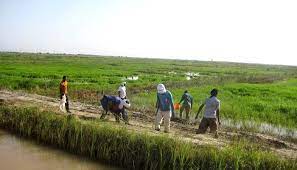
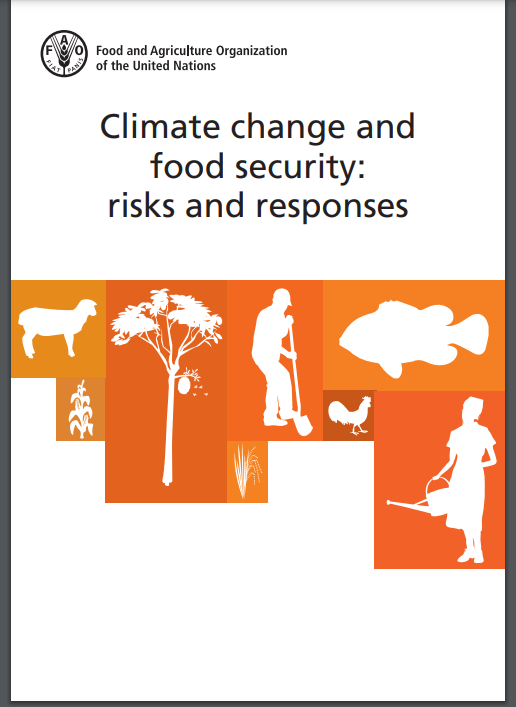
.jpg)
